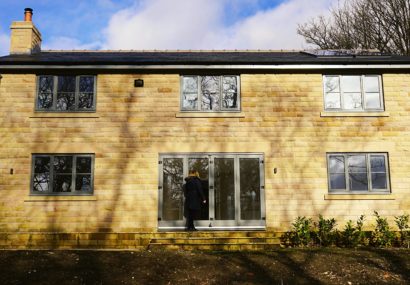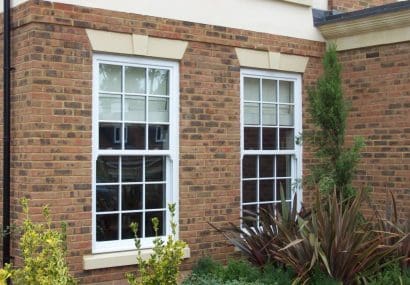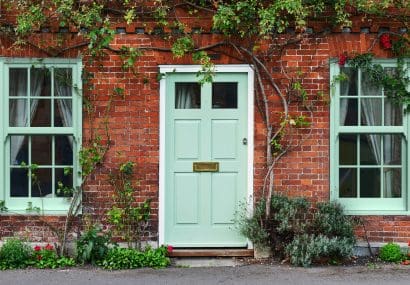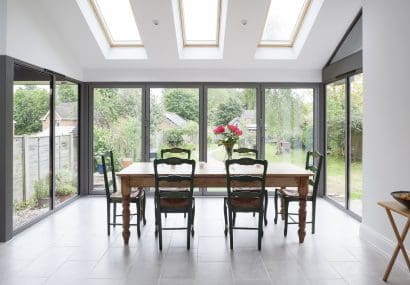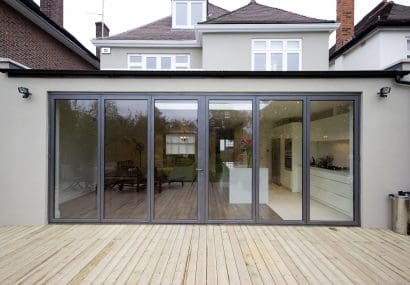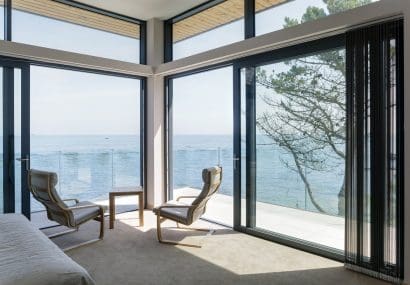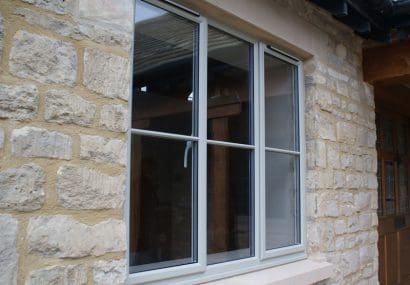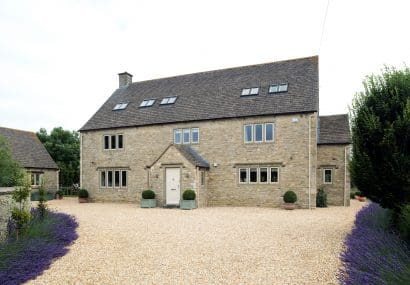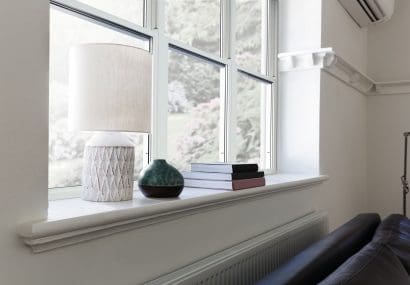The Versatility of Cavity Closers in the UK Building Industry
Posted: 28th March 2024
In the construction sector, every component plays a pivotal role in shaping the efficiency, durability and safety of a building. One such component that often operates behind the scenes but carries substantial significance is the cavity closer.
In the UK building industry, cavity closers serve multifaceted purposes, including sealing gaps, enhancing thermal efficiency and ensuring fire safety. Moreover, they are also utilised as window formers and damp-proof courses (DPCs), further underlining their versatility and importance in modern construction practices.
This blog post delves into the various functions of cavity closers, with a particular focus on their role as DPCs and their contribution to building excellence.
Understanding Cavity Closers:
Cavity closers, typically made from materials such as PVC-U, metal, or insulation boards, are indispensable components used to seal the cavities around apertures in buildings. Their primary objective is to prevent the ingress of moisture, air leakage and thermal bridging, thereby bolstering the overall energy efficiency and structural integrity of the construction.
Types of Cavity Closers:
Insulated Cavity Closers: These closers incorporate insulation materials such as expanded polystyrene (EPS) or extruded polystyrene (XPS) to improve thermal performance, minimising heat loss through openings and optimising energy efficiency.
Non-Insulated Cavity Closers: Utilising materials such as PVC-U or metal, non-insulated cavity closers provide cost-effective solutions for sealing cavities around openings while offering structural support.
Fire-Rated Cavity Closers: With a heightened emphasis on fire safety, these closers are designed to inhibit the spread of fire and smoke through concealed cavities, thereby compartmentalising fire and minimising damage. They often utilise intumescent materials that expand when exposed to heat, forming a barrier against flames and hot gases.
Role as Damp-Proof Courses (DPCs): In addition to their thermal and fire-resistant properties, by fitting cavity closers they also serve as effective damp-proof courses. By preventing the upward movement of moisture through capillary action, DPC cavity closers safeguard the building against dampness, mould growth and structural decay. This dual functionality makes them essential in regions prone to moisture ingress, such as the UK, where damp-related issues are prevalent.
Cavity closers represent a cornerstone in the construction industry, offering a seamless blend of functionality, efficiency and safety. As damp-proof courses, they provide vital protection against moisture ingress, ensuring the longevity and resilience of buildings. Moreover, their role in enhancing thermal performance and fire safety underscores their significance in meeting and exceeding regulatory standards.
With over 20-plus years of partnering with construction businesses, the team at Mercury are happy to work with you and advise on the best type of cavity closer needed for your project.
or visit our new build page for information regarding our specialist new build service.
Back to news
